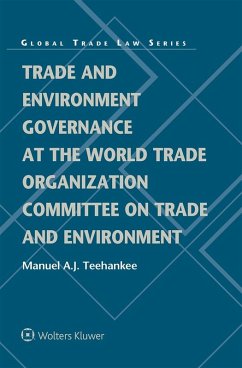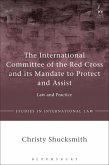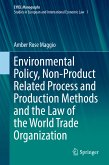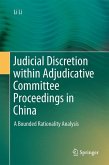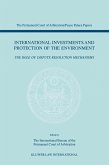In the opinion of many, the most crucial issue confronting the world today lies in achieving a sustainable nexus among global trade, economic development, and the environment. This book, written by a prominent diplomat with extensive direct experience in this field, presents a much-needed critical perspective on the conflict of norms among the three policy regimes, focusing on the dilemma of reconciling approaches regarding harmonized global governance and a more diverse community-based approach. It is the first and only in-depth treatment to systematically study a series of deliberations in the World Trade Organization's Committee on Trade and Environment (CTE), highlighting perspectives taken by both developed and developing economies. The book demonstrates that the CTE's contributions to the evolving trade and environment policy framework have been, contrary to popular perception, both substantial and relevant. In his review of how the particular characteristics of twenty key work outputs of the CTE impact current practice in trade and environment policy discussions, the author discusses such key issues and topics as the following: a singular harmonized global governance framework versus the centrifugal force of community-based, localized or regional solutions that emphasize diversity and multifaceted institution building; drawbacks and continuing relevance of the CTE Work Agenda; issues related to carbon, intellectual property rights, and services; market access for environmental goods; requirements for environmental purposes relating to products, including standards and technical regulations, packaging, labeling, and recycling; and ways forward for combining global regimes with local solutions in an environmental context. Given the urgent need for making economic policies more coherent with sustainability and environmental goals, and for overcoming the ongoing stalemate between developed and developing countries on this matter, this book is sure to be warmly welcomed by policy makers and negotiators in the areas of both trade and environment, as well as by academics, theorists, and experts in the field of global governance interested in formulating practical approaches to trade and environment governance and minimizing potential policy conflicts.
Dieser Download kann aus rechtlichen Gründen nur mit Rechnungsadresse in A, B, BG, CY, CZ, D, DK, EW, E, FIN, F, GR, HR, H, IRL, I, LT, L, LR, M, NL, PL, P, R, S, SLO, SK ausgeliefert werden.

